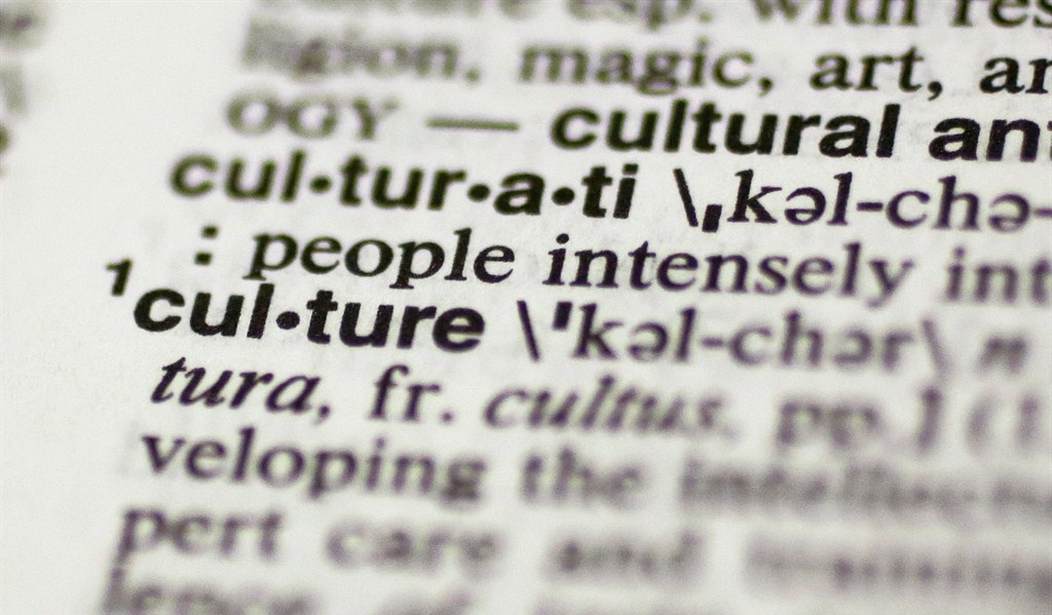Like many things that were at one time useful and interesting, the collegiate and media classes, along with other people who have convinced themselves that they are intellectuals, have taken the English language and turned it into a veritable cat box casserole. Especially the collegiate class. I have no sympathy for these self-determined cultural overlords who routinely create circular firing squads for their own kind. People can find themselves banished to the outer darkness for uttering a word or phrase that was perfectly acceptable the day before. Or even before lunch. That could be one of the reasons that the Left is perpetually angry. Who wouldn’t be frustrated with a constantly changing lexicon, knowing that the ban hammer of the goddesses could descend at any moment? The poor lambs. Maybe they deserve our pity.
Nah. They did this to themselves.
Just in time for the start of the new school year, Dickinson College has come to the rescue with its handy-dandy “Inclusive Language Style Guide.”
Dickinson is committed to creating and fostering a just and inclusive environment, and respectful language is an important part of this work. When we are able to make informed, careful decisions about the language we use, we are better able to communicate effectively with others. But in light of significant and widespread changes in language use—in society as a whole and also at Dickinson—it can be difficult to know if our language use is appropriately respectful.
The Inclusive Language Style Guide is an addendum to the Dickinson Style Guide. That, in turn, was derived from the AP Style Guide. Because some people just can’t leave well enough alone. It also comes with the following caveat:
Because inclusive language use is evolving, our work in this area is ongoing as well as vital. This guide, then, is neither final nor at all comprehensive.
It’s” vital” because some grad student or some other college houseplant with a degree in Womyn’s Studies couldn’t get a job anywhere else. No wonder college is so damn expensive. All you people carping about student loans? Look what you get for your money. This thing will be obsolete by December. Possibly October.
The guide is much what you would expect it to be. It is rife with tips on how to make your sentences pronoun-friendly and, of course, links for more information. Interestingly enough, the section on “Faith, Religion and Spirituality” leans heavily toward the skeptical side with no references to Christians, Jews, Muslims, or even Buddhists. Wiccans didn’t even make the cut. No surprises there. But the wheels really fall off in the section entitled “Abilities and Disabilities.” Then we launch into realms of stupidity not dreamt of by even the most imaginative science fiction and fantasy writers. That section is composed of “discouraged” versus “preferred” terms.
For example, a person who is deaf or mute is now “nonverbal.” What about people who are deaf, but also lip-read and communicate verbally? I am partially hearing impaired. Am I now partially nonverbal? And if so, what am I eligible for? One of my personal favorites is the tip that a “learning-disabled” person is now a “person with a learning disability.” C’mon guys, at least try! But the winner has to be this:
Terms Generally Discouraged: crippled
TERMS GENERALLY PREFERRED: crip
This term was historically used to stigmatize or oppress people with physical disabilities. It has been reclaimed by some in the disability community and has been popularized by the award-winning documentary Crip Camp.
Exclusively for our VIPs: Postmodern Irony: NYU Hosts ‘Whites Only’ Seminar to Fix Race Relations
So the term for a crippled person is now “crip.” As in: “He/she/they/them/zim/zir is a crip.” Uh, has anybody mentioned this to the actual Crips? You know, the street gang? Are you really going to go with that? They might respond with something a tad bit stronger than a sternly worded letter from a copyright attorney. That’s if they don’t laugh themselves into comas first.
Wow, Dickinson. Now you’re just being lazy. You didn’t even bother to make up a fake word or phrase. You just stole something from a documentary. So now you see, you overindulged cabbages, er, I mean, leaders of tomorrow, why the rest of us don’t want to pay off your student loans. Not only are they not our loans to begin with, but college IQs seem to be dropping by the minute.










Join the conversation as a VIP Member